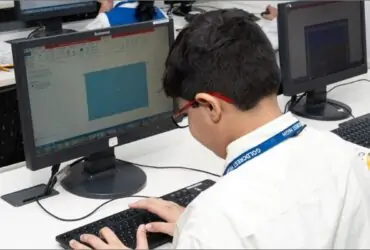Ad Details
-
Ad ID: 1276
-
Added: 10/07/2022
-
Condition: Brand New
-
Location: India
-
State: Tamil Nadu
-
City: Chennai
-
Views: 235
-
Website: https://kefihealthcare.com/
Description
A hip fracture is a serious injury, with complications that can be life-threatening. The risk of hip fracture rises with age. Mortality and requires immediate attention. Risk increases because bones tend to weaken with age (osteoporosis). Multiple medications, poor vision and balance problems also make older people more likely to fall.
A hip fracture almost always requires surgical repair or replacement, followed by physical therapy
Using a technique of primary prosthetic replacement for osteoporotic hip fractures our patients are encouraged to walk the next day after surgery.
Causes of Geriatric Fractures
According to medical professionals, the top factors that put seniors at high risk of suffering a geriatric fracture include:
Bone Fragility
Osteoporosis, or porous bone, is the leading cause of geriatric fractures. This disease gradually affects the density and quality of bone over time, weakening the skeletal system and increasing the risk of fracture. This can make osteoporotic fractures particularly dangerous for seniors over the age of 50. Fortunately, there are ways you can take preventative measures against this silent disease, such as making healthy lifestyle changes and taking vitamins for bone health.
Falls
According to medical professionals, falls account for most injury-related emergency room (ER) visits for seniors. One of the most serious consequences: fractures. As we age, our vision weakens and the ability to balance becomes difficult. This can make seniors more prone to tumbles. When combined with decreased bone density, these minor trips and falls put the elderly at greater risk of fractures.
Medications
Vitamins and medications, if not taken as prescribed or mixed, can physically weaken the body. Seniors who take a variety of medications can experience negative symptoms such as dizziness, loss of appetite, and loss of bone density. While most of these can be recognized and addressed readily, the gradual weakening of bones can go unnoticed for years—increasing the risk of accidental fractures.
Common Fractures in seniors
There are many different types of fractures, but those most commonly suffered by seniors include:
Hip fractures. This serious fracture can significantly debilitate a person and almost always requires surgical repair or replacement. To speed this long recovery process, physical therapy and caregiver assistance are important.
Femoral shaft fractures. Femurs (the long bone in the thigh) are one of the longest and strongest bones, making them difficult to break. For seniors, however, trips and tumbles on hard surfaces are enough to cause a femoral shaft fracture. Treatment often requires a surgical procedure, a full body cast, and 24 hour assistive care.
Adult forearm fractures. Typically the result of falling on an outstretched arm, forearm fractures can weaken or numb the fingers or wrist—rendering the arm semi-useless until recovery.
Wrist fractures. Broken wrists can either be “displaced breaks,” requiring setting before recovery, or stable, “non-displaced breaks.” In seniors, these fractures are often the result of falling onto an outstretched hand or a twisting injury.
Also known as coxo-femoral bypass, this technique entails immediate mobilization of the patient after surgery thus reducing complications like Bedsores, Pulmonary embolism, Stroke, and chest Infection in the elderly.
We at KEFI Home Health Care suggest various precautions and care that has to be given for the patients at home after they are discharged from the hospital. KEFI Home Health Care has nursing care givers who are experienced enough to handle such patients with utmost care as the fractures takes more time to heal especially for elderly people
Copyright @ https://kefihealthcare.com/
Call Us: +91 9345927227













Leave a Comment
Your email address will not be published. Required fields are marked. *